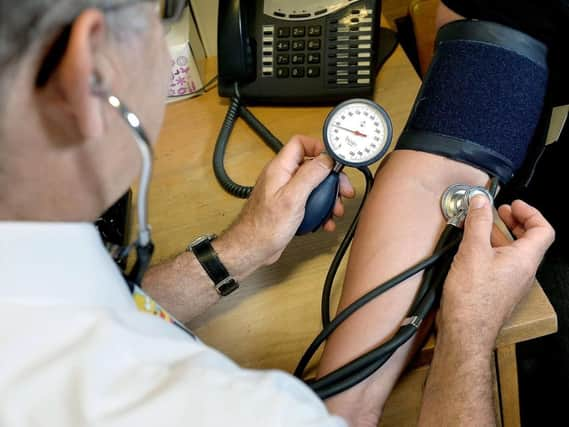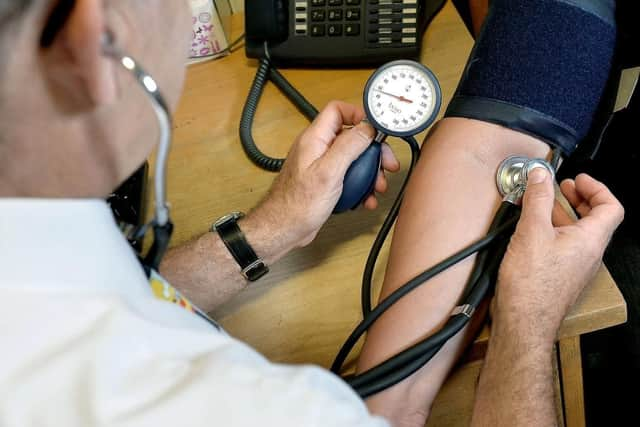These are the medicine and other treatments that can help deal with symptoms of dementia


According to the NHS, most of the medications available are used to treat Alzheimer’s disease as this is the most common form of dementia.
Medicines can work to prevent an enzyme from breaking down a substance called acetylcholine in the brain, block the effects of an excessive amount of a chemical in the brain called glutamate, and others can help reduce hallucinations.
Advertisement
Hide AdAdvertisement
Hide AdThere are some conditions, such as heart problems, that can affect symptoms of dementia, particularly vascular dementia. It is important that these are diagnosed and treated.


In the later stages of dementia, a significant number of people will develop what is known as “behavioural and psychological symptoms of dementia (BPSD)”.
The symptoms of BPSD can include anxiety, wandering, aggression, delusions and hallucinations.
There are a series of medicines that can be prescribed for those showing persistent aggression or extreme distress.
Advertisement
Hide AdAdvertisement
Hide AdAntidepressants may also sometimes be given if depression is suspected as an underlying cause of anxiety.
Some people with dementia and their carers use complementary remedies, such as gingko biloba, curcumin or coconut oil. However, there is not enough evidence to say whether such remedies are effective.
The NHS recommends that other treatments, activities and support – for the carer, too – are just as important in helping people to live well with dementia.
They include taking part in group activities and exercises, working with a trained professional, such as an occupational therapist, and a relative or friend to achieve a personal goal, such as learning to use a mobile phone or other everyday tasksm and reminiscence and life story work.